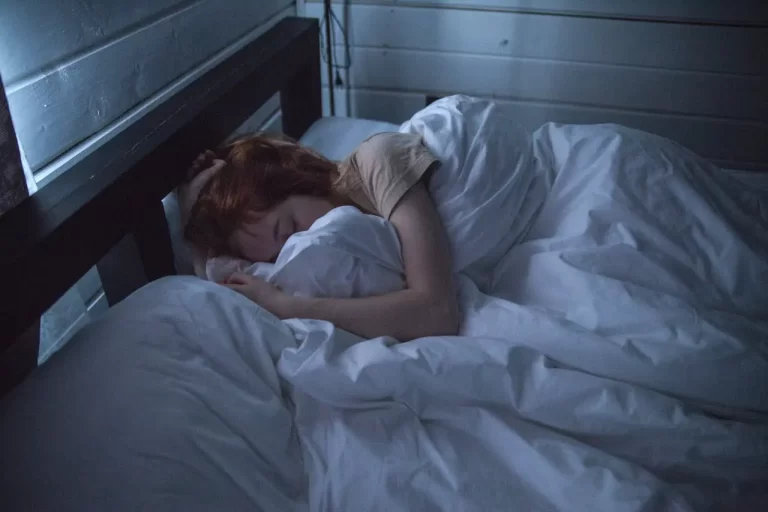In the quest for improved mental health, sleep often emerges as a cornerstone. With the bustling demands of life, particularly in urban settings across the UK and Europe, maintaining optimal sleep can be a challenge. Yet, the impact of sleep on mental well-being is profound. This blog delves into the principles of sleep hygiene and provides actionable tips to enhance mental health through better sleep practices.
Understanding Sleep Hygiene
Sleep hygiene refers to the habits and practices that are conducive to sleeping well on a regular basis. Good sleep hygiene is about more than just avoiding tiredness; it’s about enhancing your overall mental and physical health. It is particularly crucial considering the high-paced, stress-prone lifestyles of modern city dwellers from London to Lisbon.
The Impact of Poor Sleep
Lack of quality sleep can lead to a range of mental health issues, including depressive states, anxious thoughts, and irritability. In the UK, where one in three people suffers from poor sleep, the mental health implications are significant. Sleep deprivation affects cognitive processes such as memory, judgment, and problem-solving, and in the long term, it can exacerbate the symptoms of many mental health symptoms.
Tips for Better Sleep Hygiene
1. Establish a Routine: Stick to a consistent sleep schedule. Go to bed and wake up at the same time every day, even on weekends. This regularity helps to regulate your body’s clock and can help you fall asleep and stay asleep for the night.
2. Create a Restful Environment: Make sure your bedroom is conducive to sleeping. This means cool, quiet, and dark. Consider using earplugs, blackout curtains, and devices that emit ‘white noise’ to maintain an environment that promotes sleep. In the EU, where urban noise is a common issue, these adjustments can be particularly beneficial.
3. Mind Your Diet: Avoid heavy or large meals within a couple of hours of bedtime. Nicotine, caffeine, and alcohol deserve caution, too, as they can disrupt sleep. Opt for a light snack if you’re hungry before bed, something that won’t keep your body awake digesting when it should be resting.
4. Limit Screen Time: The blue light emitted by screens on smartphones, computers, and televisions can interfere with the production of melatonin, the hormone that controls your sleep-wake cycle. Try to reduce screen time at least an hour before bed to help signal to your body that it’s time to wind down.
5. Incorporate Relaxing Activities: Develop a pre-sleep ritual that involves calming activities, such as reading a book, taking a warm bath, or meditating. These activities can help transition your mind and body into sleep mode.
6. Exercise Regularly: Engaging in regular physical activity can help you fall asleep faster and enjoy deeper sleep. However, timing is important; exercising too close to bedtime can leave you too energized to sleep.
7. Manage Worries: Try to resolve your worries or concerns before bedtime. Jot down what’s on your mind and then set it aside for tomorrow. Stress management techniques such as journaling, deep breathing, or using a mindfulness app can also help tame anxious thoughts and prepare your mind for sleep.
The Role of Professional Help
If you’ve tried multiple strategies to improve your sleep but still lie awake at night or feel tired during the day, it might be time to consult a professional. Sleep disorders like sleep problems, sleep apnea, or restless legs syndrome are treatable, and professionals can offer guidance specific to your needs.
Conclusion
Improving sleep hygiene is a powerful way to enhance mental health. For residents of the UK and the EU, where the pace of life may often impede restful sleep, implementing these tips can make a significant difference. Remember, sleep isn’t just a period of rest, but a critical component of a healthy, vibrant life. By prioritizing sleep, you’re not only improving your nights but also your days, making each one brighter and more productive. Start tonight, and sleep your way to better mental health.



